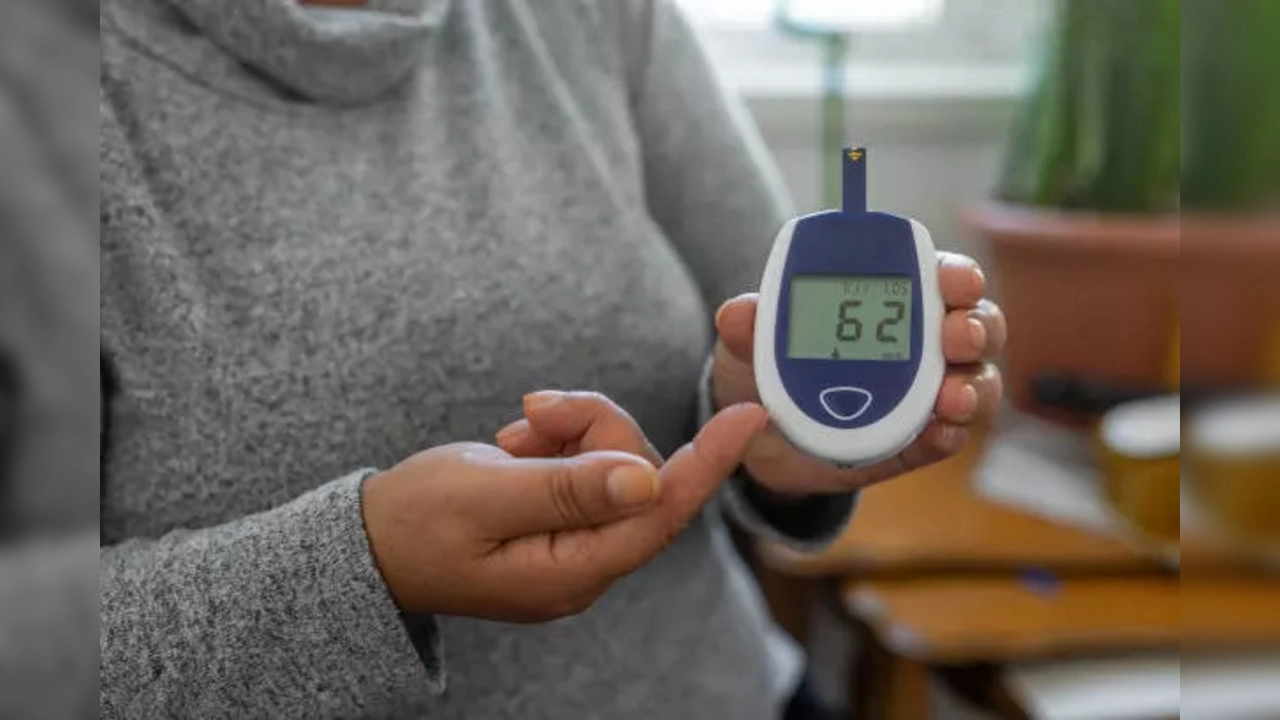What to know about low blood sugar in the morning
Having low blood sugar in the mornings is common in people on medication for diabetes, though it can also happen for other reasons.
In this article, we look at the reasons why blood sugar can drop in the morning, symptoms of hypoglycemia, and how to treat and prevent this from happening.
What causes low blood sugar in the morning?

When people go for long periods without eating, the levels of sugar in the blood drops. Since most people do not wake up to eat, blood sugar levels can fall overnight.
Following a period without food, blood sugar levels are known as fasting blood sugar.
Usually, an overnight fast will not affect blood sugar levels, because the body will prevent it from dropping to dangerous levels; for example, the liver releases some of its stored sugar overnight.
Normal fasting blood sugar levels for a person with diabetes are between 70 and 130 milligrams per deciliter (mg/dL). A person with diabetes can measure their fasting blood sugar levels in the morning before breakfast.
When blood sugar levels fall below 70 mg/dL, people may experience symptoms of low blood sugar. Some people may feel very sick with blood sugar levels of 70 mg/dL, while others might not notice signs until blood sugar dips lower than this.
A person who has frequent episodes of hypoglycemia will become gradually less aware of these symptoms. Conversely, a person who typically has high blood sugar levels can develop symptoms even at levels that are otherwise considered normal.
A person who is pregnant is more likely to experience morning hypoglycemia because their body uses more calories to help nurture the developing fetus.
Some other causes of low blood sugar in the morning include:
- diabetes medications, especially long-acting diabetes medications of the sulfonylurea family or insulin
- some other drugs, such as the pneumonia drug pentamidine
- alcohol consumption, particularly in people with type 1 diabetes
- organ failure, mainly due to chronic kidney disease
- recent stomach surgery, particularly bariatric (weight loss) surgery
- rare enzyme or hormone disorders that make it difficult for the body to absorb or break down glucose
- a sudden increase in activity level, particularly in people with diabetes, since exercise can lower blood glucose
- vomiting or diarrhea
- low-carbohydrate diets
- an insulin-producing tumor (insulinoma)
- other hormonal imbalances, such as low adrenal function and low growth hormone
- accidental ingestion of antidiabetic drugs
In rare cases, low blood sugar may be due to cancer, particularly tumors that release insulin-like factors or use up large amounts of glucose.
Symptoms of hypoglycemia

Symptoms of hypoglycemia range from mild to more severe. Initially, a person will experience symptoms, such as a fast heartbeat, sweating, hand tremors, and hunger.
To get the full article visit here.
Learn how to keep your blood sugar level on an even keel with a target workout plan. Visit How to Prevent Pre-diabetes for more information.
